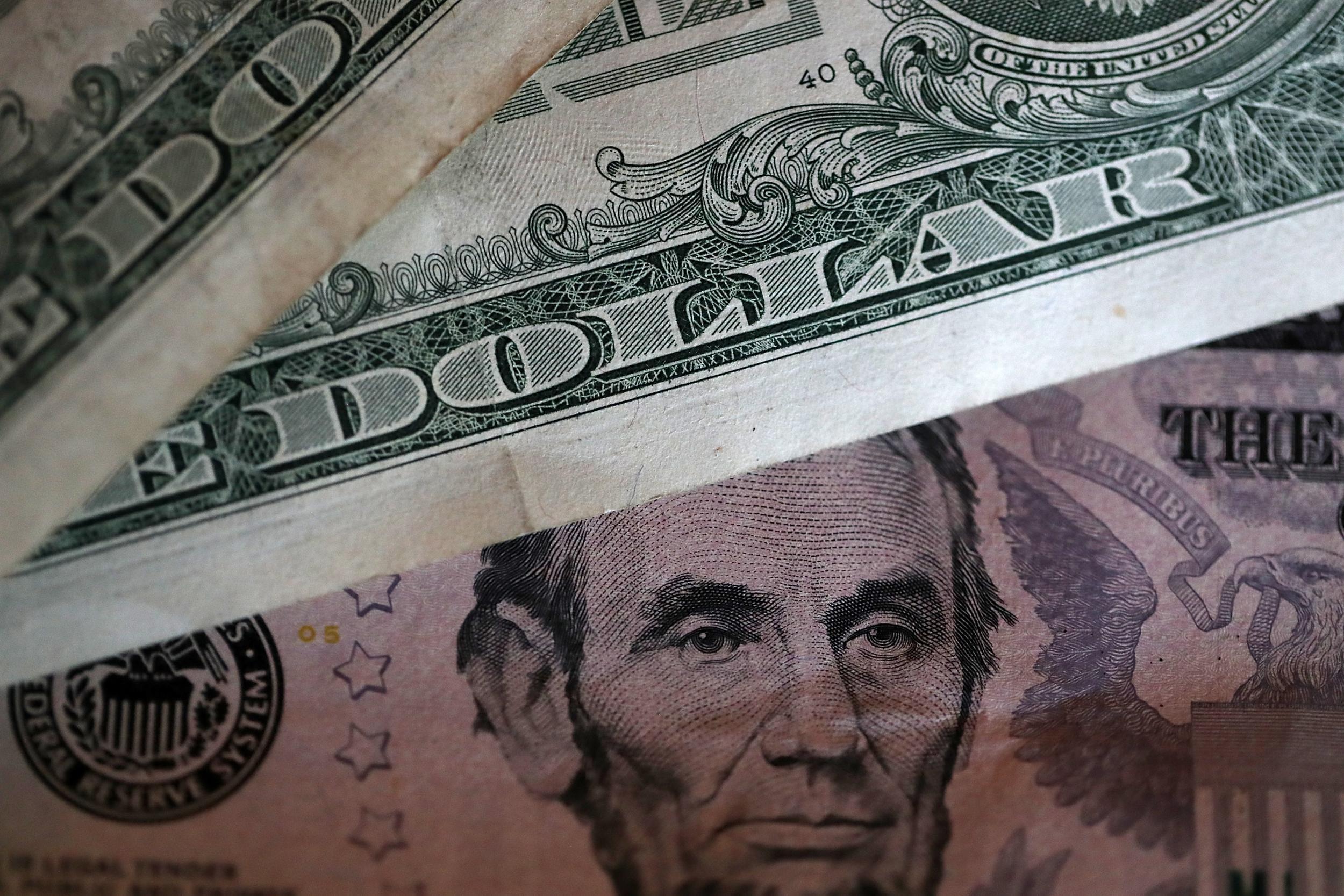Most Americans would rather keep wealth to themselves than help others financially, study suggests
Researchers test how much inequality Americans will tolerate

Your support helps us to tell the story
From reproductive rights to climate change to Big Tech, The Independent is on the ground when the story is developing. Whether it's investigating the financials of Elon Musk's pro-Trump PAC or producing our latest documentary, 'The A Word', which shines a light on the American women fighting for reproductive rights, we know how important it is to parse out the facts from the messaging.
At such a critical moment in US history, we need reporters on the ground. Your donation allows us to keep sending journalists to speak to both sides of the story.
The Independent is trusted by Americans across the entire political spectrum. And unlike many other quality news outlets, we choose not to lock Americans out of our reporting and analysis with paywalls. We believe quality journalism should be available to everyone, paid for by those who can afford it.
Your support makes all the difference.Most Americans would rather let economic inequality persist than play Robin Hood, a news study has suggested, raising questions as to how the country will stop the soaring inequality that has persisted for decades.
An international team of researchers studied American’s “Robin Hood” reflexes by testing how people would really distribute wealth from richer to poorer if given the opportunity. The answer, they found, was not encouraging.
"Participants in our experiment were willing to tolerate a considerable degree of inequality even in a setting where they have full control over the final distribution of wealth and there are no costs to redistribution," said study co-author Michael Bechtel, an associate professor of political science in Arts & Sciences at Washington University in St Louis.
Mr Bechtel conducted the study with Roman Liesch of the University of St Gallen in Switzerland and Kenneth Scheve of Stanford University.
The researchers tested participants’ feelings about inequality by giving them two Amazon gift cards in two different amounts: $25, $50, or $75. The participants were told which gift card was theirs and which one was for someone else, and then given the opportunity to transfer funds between the two cards.
On average, participants redistributed about 12 per cent of all the available funds – a number that struck the researchers as surprisingly low. They also found that participants who were most willing to take money from a “wealthier” cardholder were less likely to give their own funds to a “poorer” one. Those who were more willing to share their money with “poorer” card holders were less likely to take funds from those who were “richer”.
But the big differences came when comparing results across countries. Along with testing American subjects, the researchers also tested thousands of subjects in Germany – and found sizeable differences between the two.
Twenty-two per cent of German participants, for example, opted to fully equalise the amounts between the cards when they were given more. Only 17 per cent of Americans did so. Germans were also more likely to equalise wealth when they were in the less favourable position: Twenty-two per cent of German respondents chose to take money from the “richer “ cardholder to give to themselves, compared to 15 per cent of Americans.
Of course, giving away an Amazon gift card isn't the same as fighting societal inequality. But the researchers believe these findings provide insight into government policy on a country-wide level. They pointed out that in Germany, where participants were more willing to equalise the gift card, the government has used taxes and transfers to reduce the poverty rate by 20 percentage points. In the US, where participants were less likely to equalise the gift card amounts, the poverty rate has been reduced by only 8 points.
The finding is especially relevant now, as inequality in the US continues to rise. Between 1989 and 2016, the amount of wealth held by the richest one per cent of Americans rose from just under 30 per cent to nearly 49 per cent, according to the Centre on Budget and policy priorities. The share held by the bottom 90 per cent fell by more than 10 percent.
According to the researchers, this may be because most Americans simply don’t care enough about inequality.
"[Our study] suggests that inequality persists in part because individuals are not averse enough to inequality,” Mr Bechtel said.
In addition, he said, the distribution of these feelings makes it “difficult to marshal the level of public support needed to implement the type of 'Robin Hood' policies – taking from the rich and giving it to the poor – that would be most effective at reducing inequality”.
Join our commenting forum
Join thought-provoking conversations, follow other Independent readers and see their replies
Comments